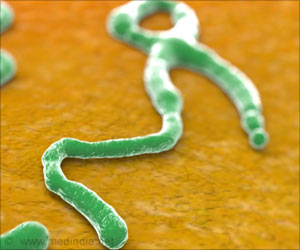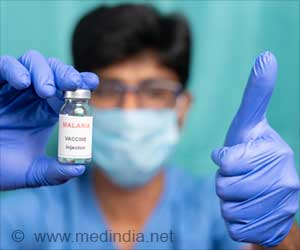A group of mosquitoes collected in Upper Providence has tested positive for West Nile virus prompting health officials calling on residents to take precautionary measures to combat the viral disease.
A group of mosquitoes collected in Upper Providence has tested positive for West Nile virus (WNV) prompting health officials of Montgomery County calling on residents of Upper Providence and Royersford areas to take precautionary measures to help combat the viral disease.
The county had collected 289 groups of mosquitoes and submitted it for testing and this was the first group that tested positive for the virus this year.WNV is a flavivirus (genus Flavivirus) that causes an illness marked by fever, headache, muscle ache, skin rash, and sometimes encephalitis or meningitis that is spread chiefly by mosquitoes. Mosquitoes become infected when they feed on infected birds. Infected mosquitoes can then spread WNV to humans and other animals when they bite.
Following the findings, the state Department of Environmental Protection (DEP) has decided to spray insecticide in certain sections of both Upper Providence and Royersford and also in Chester County municipalities of Spring City, East Vincent, and East Pikeland on Monday to attack large populations of adult mosquitoes.
The first two human cases of the disease were reported in the County in 2002, and nine cases were reported in the following year though none of these cases resulted in deaths and no new cases have been reported in the county since that time.
People with disease typically develop symptoms between 3 and 14 days after the infected mosquito bites them. Approximately 80 percent of people (about 4 out of 5) who are infected with WNV will not show any symptoms at all while up to 20% of the people have milder symptoms.
About one in 150 people infected with WNV will develop severe illness. The severe symptoms can include high fever, headache, neck stiffness, stupor, disorientation, coma, tremors, convulsions, muscle weakness, vision loss, numbness and paralysis. These symptoms may last several weeks, and neurological effects may be permanent.
Advertisement
The easiest and best way to avoid WNV is to prevent mosquito bites. Using insect repellents, wearing long sleeves and pants when the mosquitoes are most active (i.e. dawn and dusk), having good screens on your windows and doors to keep mosquitoes out, and getting rid of mosquito breeding sites by emptying standing water can all help in the prevention of the disease.








